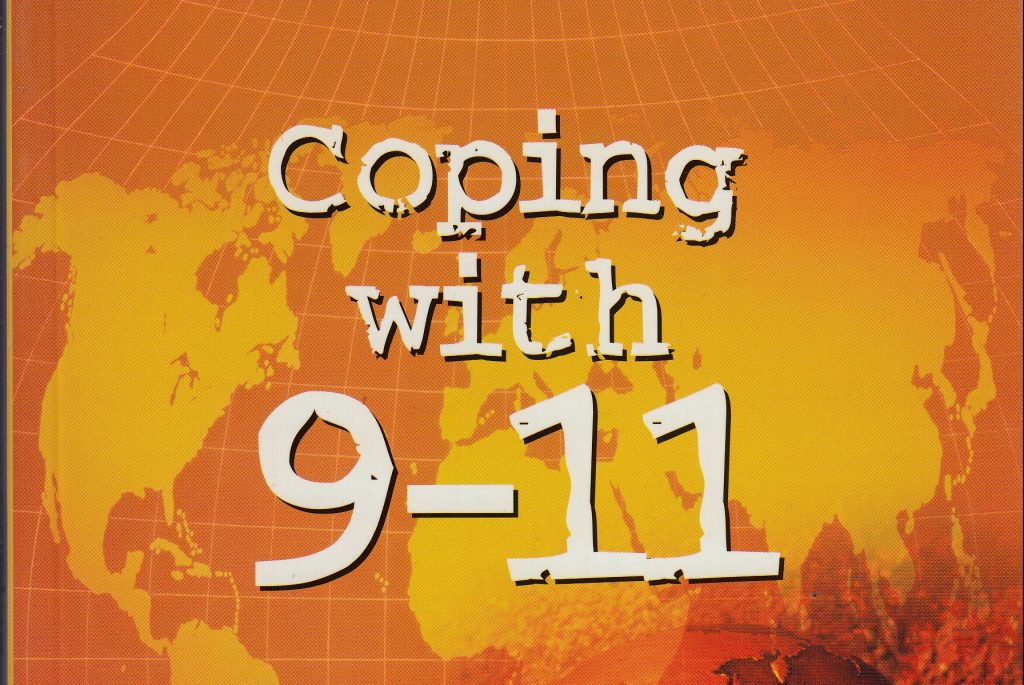ASIA PACIFIC AND THE GLOBAL ORDER AFTER SEPTEMBER 11
2002–2003
As part of the Asia Pacific Agenda Project (APAP), in 2002, under the guidance of former Korean Foreign Minister Han Sung-Joo (then president of Korea University), a multilateral team of six younger scholars explored the issue of regional and global order in the wake of the 9-11 terrorist attacks in the United States. The study addressed four main areas: Islam-related factors, implications for international institutions; major power relations in the region; and key country perspectives, including the Chinese, Indonesian, and Japanese perspectives. Drafts of the papers were presented at the Asia Pacific Agenda Project Forum in Siem Reap, Cambodia, in February 2002. The final papers were published in 2003 in the volume listed below.
CONTRIBUTORS
Project Director
HAN SUNG-JOO, Ambassador of the Republic of Korea to the United States
Participants
CHIN KIN WAH, Senior Fellow, Regional Strategic and Political Studies Programme, Institute of Southeast Asian Studies, Singapore
CHU SHULONG, Professor of Political Science and International Relations, School of Public Policy and Management and Director of the Institute of Strategic Studies, Tsinghua University, China
LEE SHIN-WHA, Associate Professor, Department of Political Science and International Relations, Korea University
NARUSHIGE MICHISHITA, Senior Research Fellow, National Institute for Defense Studies (NIDS), Japan Defense Agency
FARISH A. NOOR, Fellow, Institute for Strategic and International Studies (ISIS), Malaysia
RIZAL SUKMA, Director of Studies, Centre for Strategic and International Studies (CSIS), Indonesia

